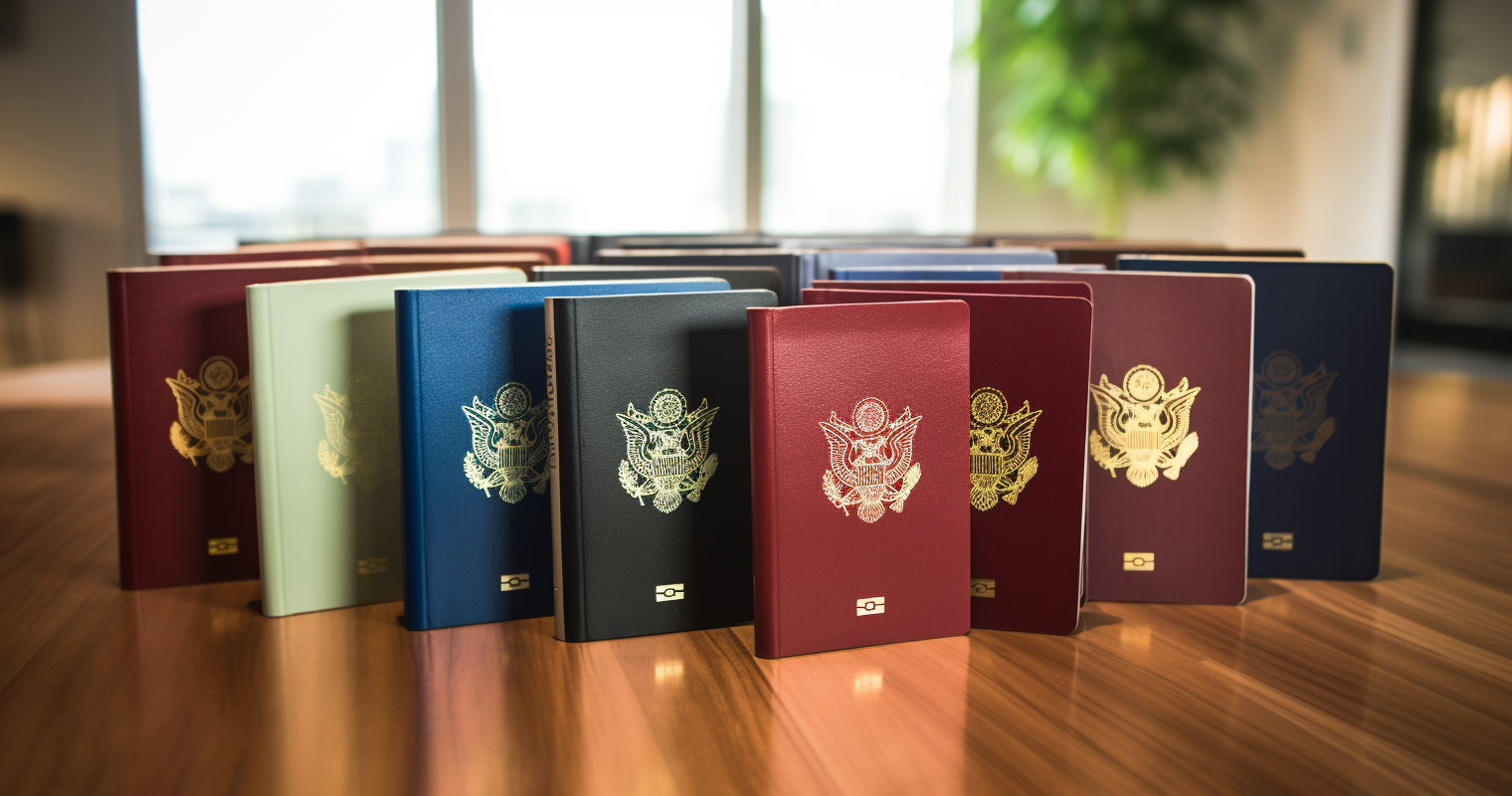Citizenship in India is governed by the Citizenship Act of 1955, and is available to individuals who meet certain criteria. These include:
- Persons born in India on or after January 26, 1950, but before July 1, 1987
- Persons born in India on or after July 1, 1987, and either of whose parents was a citizen of India at the time of their birth
- Persons born outside India on or after January 26, 1950, but before December 10, 1992, to a father who was a citizen of India at the time of their birth
- Persons who are of Indian origin and who were ordinarily resident in India for seven years prior to making an application for citizenship
Process of Applying for Citizenship in India
The process for applying for citizenship in India involves submitting an application to the appropriate authority. The application form, known as Form IV, is available online or can be obtained from the Foreigners Regional Registration Office (FRRO).
The application must be accompanied by various documents, including proof of residence, proof of date of birth, and proof of Indian origin. In addition, applicants are required to provide a police clearance certificate from their home country and in some cases, from India as well.
After submitting the application, the applicant will be called for an interview and their application will be processed. If the application is approved, the applicant will be granted citizenship.
Advantages of Being Granted Citizenship in India
There are several advantages to being granted citizenship in India, including:
- The right to vote in elections
- The ability to work and live in India without the need for a visa or work permit
- Access to government services and benefits
- The ability to own property and do business in India
- The ability to travel on an Indian passport
Rules Surrounding Dual Citizenship in India
India allows for dual citizenship, which means that individuals who become citizens of India are not required to renounce their existing citizenship. However, there are certain countries that do not allow for dual citizenship, so it is important to check the laws of the other country before applying for Indian citizenship.
Reliable Information on Citizenship in India
For further information on citizenship in India, individuals can visit the website of the Ministry of Home Affairs, which is the government agency responsible for overseeing citizenship matters. The website provides detailed information on the criteria for citizenship, the application process, and other related matters. In addition, individuals can also contact the Foreigners Regional Registration Office (FRRO) or the Indian embassy or consulate in their home country for further assistance.

